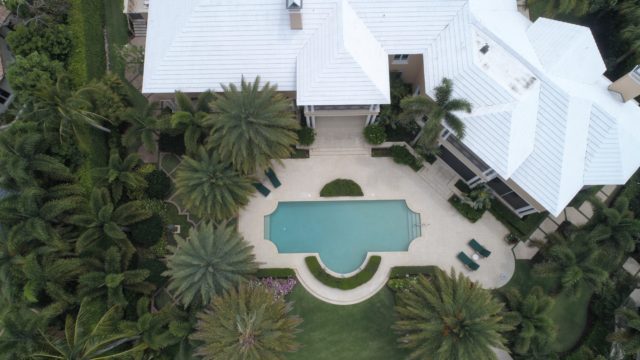Costa Rica is a breathtaking gorgeous country with a long and stable democracy and has an increasing expat and retiree permanent community. In this country, any foreigner (resident or non-resident) can own or purchase Real Estate with a couple of exceptions:
- Land donated from INDER (Institute of Rural Development) to Costa Rican farmers for agricultural purposes.
- Coastal land located in the maritime zone. All properties within 50 meters from the ordinary high tide are dedicated to public use and especially to the free movement of people. From there you can find the Restricted Zone, constituted by the strip of the remaining 150 meters. You need a special permit called “Concesión” for the use of land in the restricted area where a foreign person or company can’t own more than 50% of the land.
If you have been considering to move, or are already here and would like to purchase real estate, keep in mind the following advises:
1) Know your budget. If you are taking a mortgage on the land, get prequalified before you begin. If you are buying upfront set yourself a limit so you can guide yourself and your real estate agent. Searching for properties will be far more exciting if you narrow your results to your possibilities.

2) Investigate locations. You can do this online in the beginning but I very much advise to visit the locations once you have selected the areas that interest you.
Aspects you need to consider are the following:
- Weather on the specific region, you would be surprised at the changes in such a small country. Do you prefer a warmer weather? Mountain climate? Less rain?
- Access goods and services that interest you like airports, hospitals, banks, supermarkets. Check for the internet speed available in the region.
- Define your preference between coast, city or mountain. Would you prefer to live in a more isolated region or closer to the city?
- Investigate the safety in the area. In every country in the world, there are places where you cannot walk at night safely with your valuables on display. Visit the areas during the night to get a better feel for the region. Talk to the areas during the night to get a better feel for the region. Talk to the neighbors.
- Price guidance: make sure that your budget fits the market and access only properties that are priced right.
3) Find a real estate agent that represents you. You do not necessarily need this but there are big advantages to having a bilingual person that can aid you with the search and paperwork. In Costa Rica there is no need for you to have a license to become a real estate agent, so please be careful because there are plenty of inexperienced people that want to sell properties at all cost. Find a real estate agent that knows the area well, part of a solid real estate company and that represents you and not a seller. You will save a lot of time by asking someone to filter all locations available to meet your exact requirements. Be as specific as you can.

4) Now the fun part; find several locations that meet your criteria. It is always good to have options. The condition and presentation of the property may vary. Pictures can be deceiving for better or worse, make sure you visit several locations before you make up your mind but remember that good properties are always on demand and someone can beat you to your dream house.
5) Get the complete paperwork for the prospect lands. You need to know the legal condition of the property before you make your decision. Make sure you have the National Registry information about the land, any restrictions or setbacks that will be annotated there. Check if the municipality of the region has a zoning plan and the specific purpose of the area you are planning on acquiring. Make sure you have a recent copy of the cadastral plan (plot map).
6) Find a bilingual real estate attorney-notary public that will help you make the closing. Make sure it is a professional that knows about real estate transactions. Notaries are the only ones authorized to protocolize the deed and transfer the land to your name. If you need to transfer a large sum of money, find an approved escrow account or use a title company.
After the purchase, make sure the land is registered under your name and that the utility services are working correctly. If you are not a resident, then you can transfer the utilities under a company of your own or use an attorney or property administrator to take care of payments like annual property taxes, condominium fees if applicable and bills.
Since you are here, you might want to have a look at our listings in Remax Tropical
Sands. If there is anything you are looking for, in particular, I will gladly assist you in the process. You can reach me at my email [email protected]

Miss Vargas concluded her Law Degree studies at Universidad de Costa Rica with extensive knowledge in urban development, environmental and municipal law. She is experienced in real estate transactions and works for Remax Tropical Sands in the Central Valley region.

